I’m back.
![]() While I was away, one of the things I did was to read the aptly titled book, World History For Dummies by Peter Haugen, a University of Wisconsin lecturer. For those of you unfamiliar with these Dummies books, the series covers a variety of topics in simple and easy to understand language. World History For Dummies, however, seems to be written for just that segment of the population who, incapable of independent thought, instead, rely on the increasingly politically correct revisionist history.
While I was away, one of the things I did was to read the aptly titled book, World History For Dummies by Peter Haugen, a University of Wisconsin lecturer. For those of you unfamiliar with these Dummies books, the series covers a variety of topics in simple and easy to understand language. World History For Dummies, however, seems to be written for just that segment of the population who, incapable of independent thought, instead, rely on the increasingly politically correct revisionist history.
What does the title of this post have to do with the book? It’s the opening line of chapter nine, Believing and Believers. But when it comes to the religion of Islam, the author appears to have lost sight of the very thing he claims has everything to do with world history.
One most obvious revision I noted was the author’s ignorance, or perhaps deliberate deception, about the Crusades. As he writes it, the implication is that Christians Crusaders were nothing more than rampaging marauders (pg. 175):
The Crusades, which began in the eleventh century as European Christian attacks in the Islamic Seljuk Turk rulers of Palestine, left bad feelings. So did territorial clashes as Christians struggled to take Spain away from its Muslim rulers, the Moors.
Christian attacking. Christians taking.
The author further describes the politically correct reasons for the Crusades (pg. 96):
The Crusades began in 1095, when diverse Europeans, answering a call from the pope and united in religious zeal (or so they said), tried to free [Ed: emphasis is author’s, not mine] the Holy Land, Palestine, from its new Seljuk Turk rulers. (Nobody asked the people living in Palestine if they wanted to be freed.)
I doubt anyone bothered to ask if the people living in Palestine wanted to be ruled by Seljuk Turks either. The author glosses over four centuries of Islamic violence and aggression that preceded the initial Crusade with only a brief mention of Turks “messing” with Christians visiting holy shrines. I’m guessing by “messing,” the author doesn’t mean the genocide that was being committed by Muslims against Jews and Christians. I suppose that’s just another sanitized word to add to the ever growing PC Islamic dictionary, joining terms such as jihad, meaning inner struggle (wink, wink) or mischief makers, those who oppose Allah’s tyranny or respect, the violent, and sometimes lethal, oppression of women in order to protect their honor. But I digress.
Muslims, after all, are the ultimate victims of retaliating Christian ‘adventurers’:
Even worse for the pope were reports that the Turks were messing with pilgrims on their way to shrines in the Holy Land. As Muslims, the Seljuk rulers had little reason to protect these Christian travelers, easy picking for robbers. The pope got so ticked off that in 1095 he called for a war to make Jerusalem safe for Christians again. The Crusades, the answer to his call, may have started out as idealistic religious adventures, but they descended into brutal wars of hatred and greedy opportunism.
Wars of hatred? Greedy opportunism? One only needs to look back to the life and times of Muhammad, Islam’s fanciful prophet, to understand the true meaning of those two phrases.
The author’s closing summary of the Crusades is befitting the modern day moonbat dogma of anti-American sentiment and Bush derangement syndrome (pg. 98):
[European] Rulers put their resources toward an imperial venture in a systematic way, setting a precedent for the exercise of power. Christendom became militant, confident of its ability to stomp other parts of the globe.
This author is, no doubt, completely oblivious to Islamofascism infesting our modern world. (In the author’s defense, the book was published pre-9/11) Not only does he ignore the major role of Islam in our tumultuous world history, he insidiously refuses to even place any blame.
I next decided to examine Islamic terrorism in general according to World History For Dummies. Published in 2001, the book should certainly address religiously motivated terrorism such as the many suicide bombings and missile attacks against Israeli civilians. This is the complete section on terrorism (pgs. 295 – 296):
While the targets of guerilla forces are generally military, or at least within an area at war, terrorist violence frequently seems indiscriminate and arbitrary – as in the bombing of a shopping mall, a city bus, or a commercial airliner full of tourists.
The perpetrators are usually minority groups who feel that violence is the only way they can advance their cause, often the overthrow of established order. By definition, terrorists use terror – fear of the next unpredictable strike – as a weapon.
The Provisional Irish Republican Army (IRA), a nationalist group that wanted to reunite British-controlled Northern Ireland with the self-ruled Irish Republic, was frequently labeled terrorist in the period from the 1970s to the 1990s. Although IRA bombs were often directed at military targets, they also went off among passersby in English cities.
Terrorists, though often labeled criminals, usually consider themselves warriors – engaged in honorable [Ed: again, the author’s emphasis, not mine] acts of battle. Some are even sanctioned by governments. Iraq and Libya are two nations frequently accused of financing terrorist factions in the late twentieth century.
Terrorism is even more difficult to defend against than guerilla war. Toward the end of the twentieth century, it became theoretically possible to build a satellite-based missile defense system to automatically shoot down threatening nuclear missiles in flight. Yet no scientist had come up with a way to keep a terrorist from smuggling a bomb – conceivably even a nuclear bomb – across international borders, in the hold of an airplane, or even the trunk of a car.
So, Islamic terrorism is mentioned how many times? None. Ironic given that 87% of all religiously based terrorist groups are Islamic, that virtually all acts of terrorism are committed by Muslim fanatics, and that a majority of all the world’s ongoing major conflicts involves Islam. Yet, this author has chosen to not even mention the “religion of peace” in the context of terrorism in his 350+ page book of world history, except for one brief passage in the section about ‘Clashing cultures’, which, of course, places blame on the West:
The enmity of some Islamic extremists toward what they term Western decadence, toward Israel, and toward the policies of the United States and its allies in the Middle East took the form of terrorist attacks in the late twentieth century, including the bombings of commercial airliners.
The extremist are an infinitesimally small, if attention-getting, fraction of the 1.1 billion Muslims worldwide.
Reading this book, and others like it, it’s easy to see how many are duped into accepting terrorists as martyrs or freedom fighters and victims as aggressors. The IRA, a nationalistic organization which targeted the military and often issued warnings prior to attacks, is suddenly more vile and worthy of terrorism mention than Islamic radicals who purposely target innocent civilians.
It is a testament to the politically correct world in which we live that a book on the history of that world scarcely mentions Islam as a perpetrator of violence. But what does religion have to do with human history?
Just about everything.






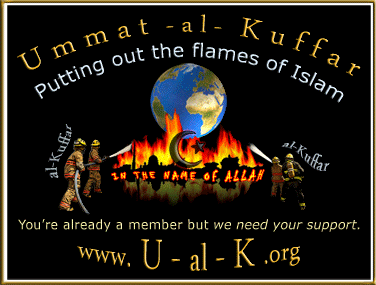
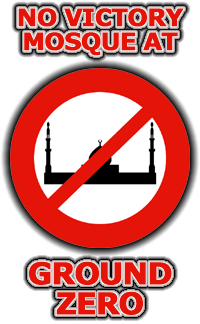
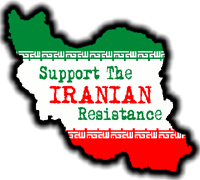
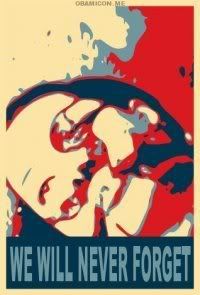
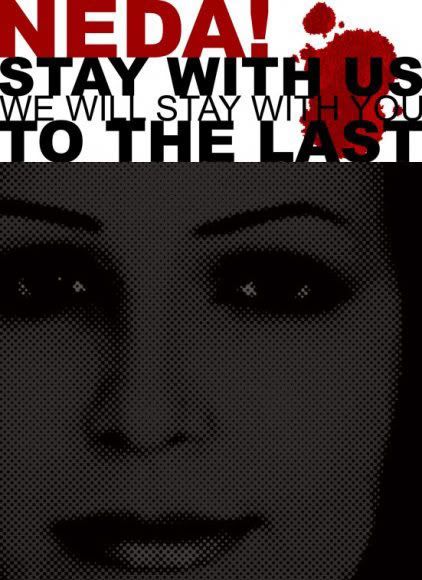

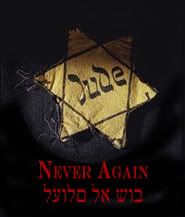




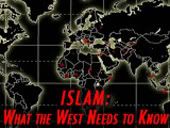



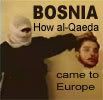
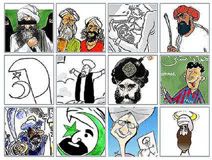


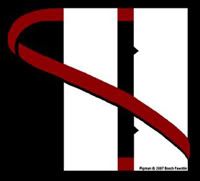




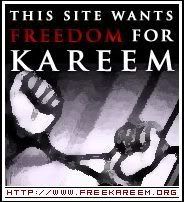
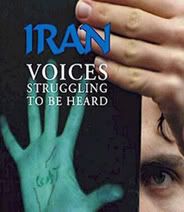
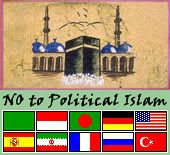

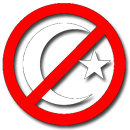
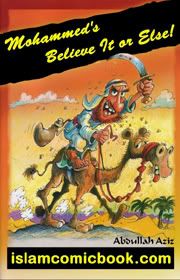
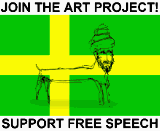

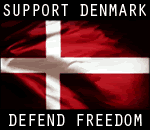
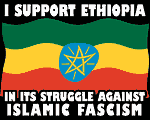



No comments:
Post a Comment